The defection of Aminu Tambuwal, speaker of the house of representatives, to the All Progressives Congress (APC) on Monday was long expected ─ what most Nigerians don’t know now is if he can retain his position as the country’s No. 4 citizen.
Tambuwal, who registered with the APC in his hometown, Tambuwal, Sokoto state, on Monday evening shortly after attending the party’s stakeholders meeting in the state capital, was elected speaker in 2011 on the platform of PDP.
Although he contested for the position against the zoning formula of his party which wanted the south-west to fill the slot, Tambuwal rode to victory on the back of rebel PDP members and opposition parties who have now fused into APC.
He polled 252 out of the total 360 votes cast to beat Mulikat Akande-Adeola, the preferred candidate of the PDP. He has always associated with the opposition since then.
Advertisement
What the law says
| Section 50. (1) (b) of the 1999 constitution |
|---|
| A Speaker and a Deputy Speaker of the House of Representatives… shall be elected by the members of that House from among themselves |
According to the 1999 constitution (as amended), Tambuwal has not committed any offence by changing parties ─ although many would expect him to lose his position.
Section 50. (1) (b) says “a Speaker and a Deputy Speaker of the House of Representatives… shall be elected by the members of that House from among themselves”.
The only precondition, from this law, is that the speaker must be elected from among the members of the house of representatives. No party affiliation is required.
Advertisement
There is also a precedence: in 1979, the speaker of the house of representatives, Edwin Ume-Ezeoke, was from the Nigeria Peoples Party (NPP), whereas the majority party was the National Party of Nigeria (NPN).
NPP and NPN were in alliance, though, leading to a power-sharing agreement, with NPN producing Joseph Wayas as the senate president.
Legally speaking, therefore, Tambuwal may be standing on a solid ground.
But there is still a legal ground: if he defects, he can lose his seat in the house and, by extension, can no longer be speaker.
Advertisement
Section 68 (1) of the constitution says: “A member of the Senate or of the House of Representatives shall vacate his seat in the House of which he is a member if (g) being a person whose election to the House was sponsored by a political party, he becomes a member of another political party before the expiration of the period for which that House was elected.”
Can they remove him?
| Removal of speaker |
|---|
| At least 240 of the 360 house members are needed to remove the speaker. PDP boasted of only 174 members before Tambuwal’s defection. |
The senate president, deputy senate president, speaker and deputy speaker can only be removed by two-thirds of the members of parliament.
In the case of Tambuwal, PDP will need at least 240 of the 360 house members to remove him. That will be asking for too much.
PDP boasted of 174 members and APC 172 before Tambuwal’s defection, although these figures change so frequently that it is difficult to keep track with.
Advertisement
But if APC now has 173 and PDP 173, even if the remaining 26 members who belong to smaller parties team up with PDP, the figure will only climb to 199 ─ still not enough to remove Tambuwal as speaker.
Any attempt by the PDP to instigate his removal may not succeed, but the house may be plunged into unrest for a while as a result.
Advertisement
Why can’t he just resign?
| Moral Issue |
|---|
| In 1983, Abubakar Rimi, governor of Kano state, defected from the Peoples Redemption Party (PRP) to the Nigerian Peoples Party (NPP) and resigned his position “on moral grounds”. |
Another question to be considered is: even if PDP cannot remove him, why can’t Tambuwal do the honourable thing by resigning his position?
In the second republic, Abubakar Rimi, governor of Kano state, was elected on the platform of Peoples Redemption Party (PRP), but he fell out with his party leader, Aminu Kano, before the 1983 elections.
Advertisement
Rimi defected to NPP and resigned as governor “on moral grounds” before re-contesting in 1983, but he eventually lost to Barkin Zuwo.
TheCable learnt, however, that Tambuwal has ruled out resignation because “there is no basis for it”.
Advertisement
Sokoto governorship next?
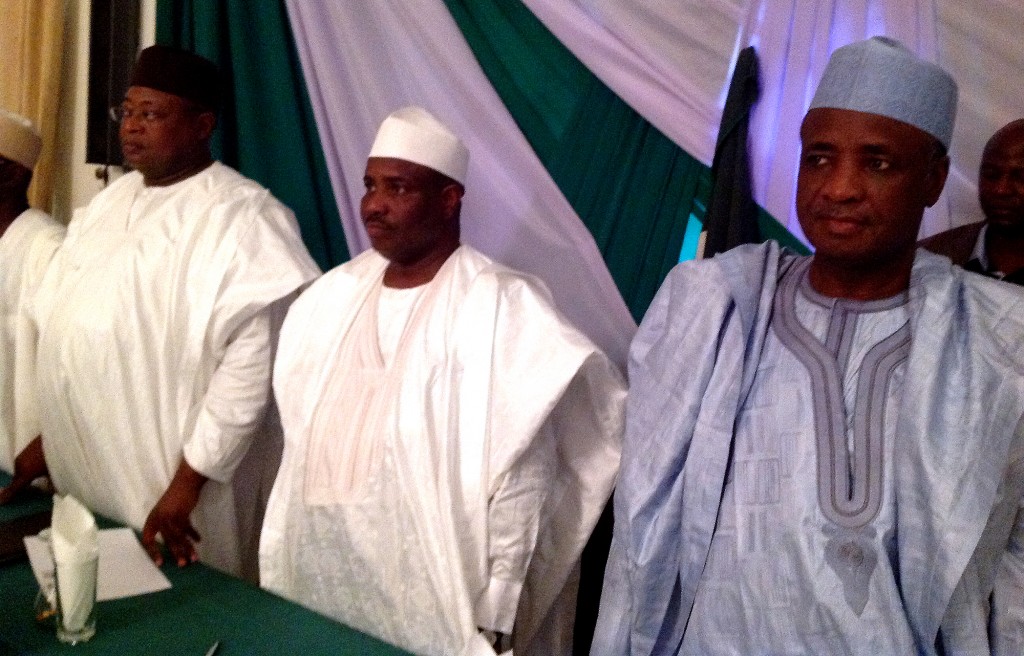
Weeks and months of speculations that Tambuwal would defect to APC and seek the presidential ticket have come to an abrupt end: the surest bet for him now is to seek the governorship of Sokoto state.
Luckily, at the APC stakeholders meeting on Monday, it was decided that Sokoto south ─ where Tambuwal comes from ─ should produce the next governor.
And to make something good a lot better, it was agreed that the candidate should be picked by consensus, to avoid a primary.
Tambuwal is in the good books of the governor, Aliyu Wammako, who spoke glowingly of him at the meeting.
He said: “I know your eyes are on Tambuwal. Let me tell you that he had been part and parcel of the formation of this party and he has been attending its activities.”
A committee has been set up to pick the consensus candidate.
3 comments
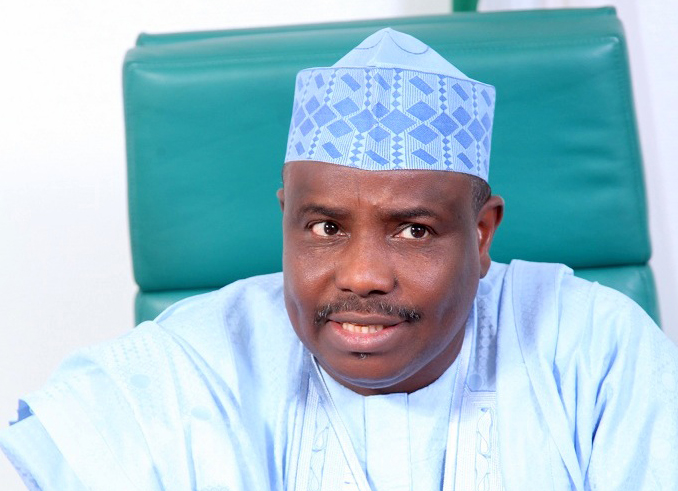
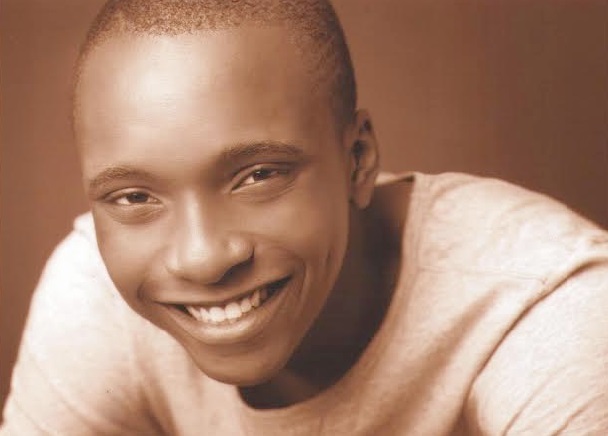

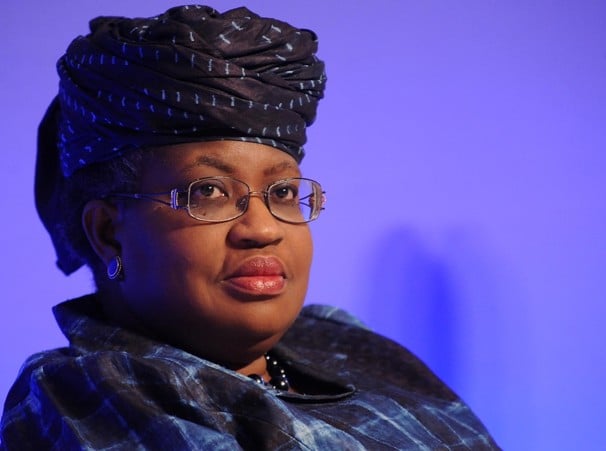
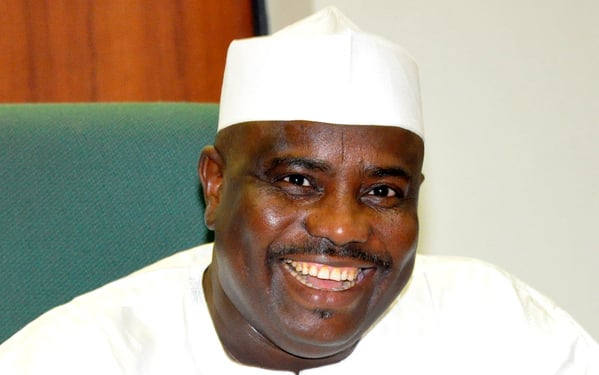
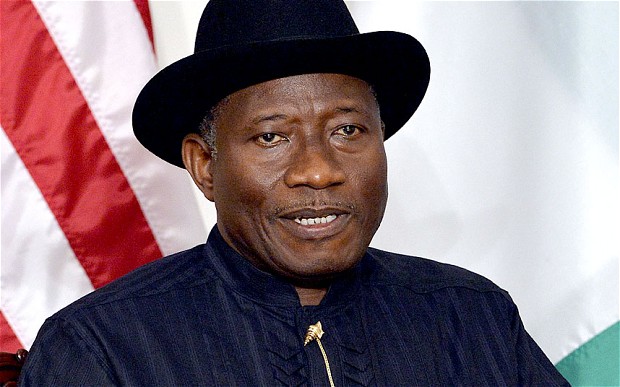
That’s a welcome delopment, wish the Honourable Speaker all the best!
Why won’t Tambuwal remain Speaker? Didn’t Mimiko join the PDP from Labour Party, has his security aids been withdrawn? What is good for the goose is also good for the gander.
I think the defection to APC is a good development for our country and he should not be removed. he should e allowed to continue with his assignment without any problem